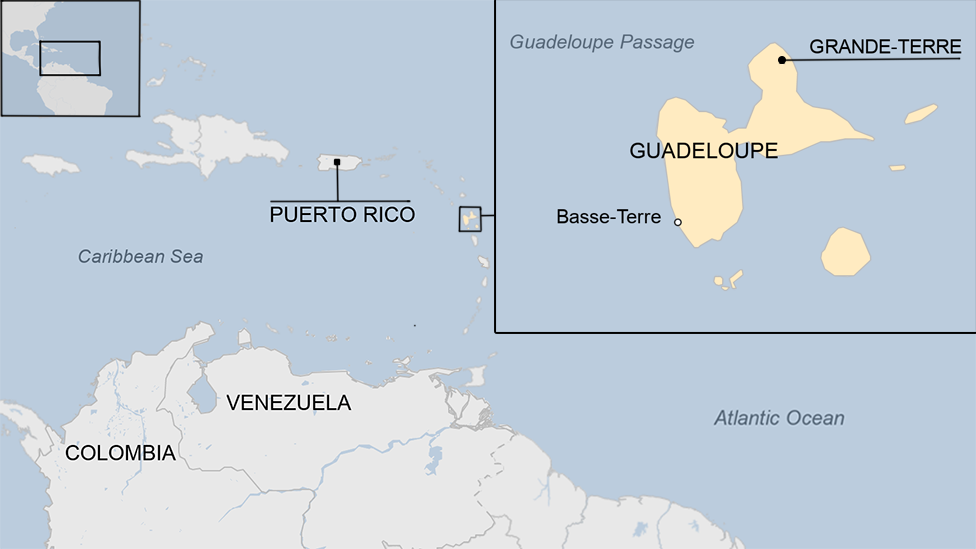Anguilla profile
- Published
This page is no longer being updated. It was last updated on 25 August 2023
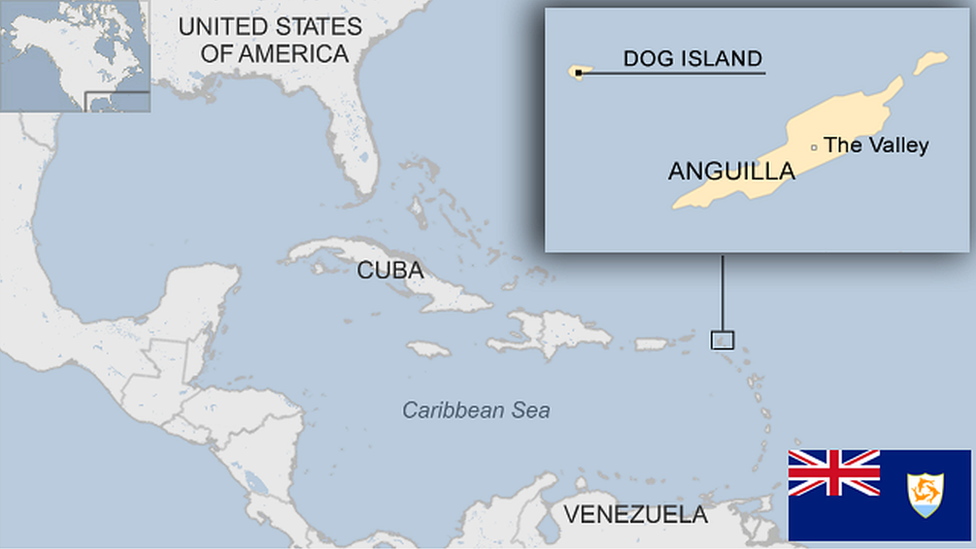
A coral and limestone island at the northern tip of the Leewards, the British overseas territory of Anguilla is best known as an upmarket destination for tourists and a haven for the wealthy.
Once the home of Arawak and Carib peoples, it became an English colony in 1650. Its people are of mainly African descent.
Carefully regulated tourism is the bedrock of the economy while offshore banking is another money-earner. Anguilla does not levy personal or corporate income tax and - along with Bermuda, the British Virgin Islands, the Cayman Islands, Montserrat and the Turks and Caicos Islands - signed agreements in 2013 on sharing tax information with Britain, France, Germany, Italy and Spain.
In 1967, Britain created a self-governing entity encompassing Anguilla and the islands of St Kitts and Nevis to the south. However, Anguillans declared their secession and British forces were sent in.
In 1980, Anguilla officially seceded from Saint Kitts and Nevis and became a separate British Crown colony - it is now a British overseas territory.
Read more country profiles, external - Profiles by BBC Monitoring, external
ANGUILLA: FACTS
Capital: The Valley
Area: 91 sq km
Population: 15,700
Languages: English
Life expectancy: 79 years (men) 84 years (women)
LEADERS
Head of state: King Charles III, represented by a governor.
Premier Ellis Webster
Ellis Webster was elected premier when he led the Anguilla Progressive Movement to victory in the June 2020 general election.
There are 13 members in Anguilla's assembly; seven members in single-seat constituencies, four members representing the island at-large and two ex-officio members. Anguilla has a multi-party system.
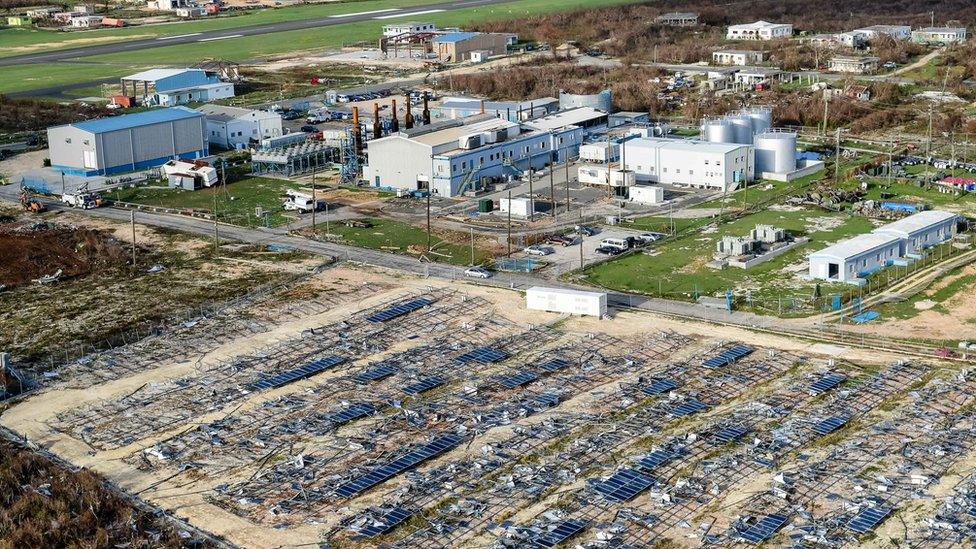
Hurricane Irma caused widespread destruction when it swept over the island in 2017
MEDIA
As a British dependency, the laws governing freedom of the press are the same as those in the United Kingdom, providing for an unrestricted free press.
TIMELINE
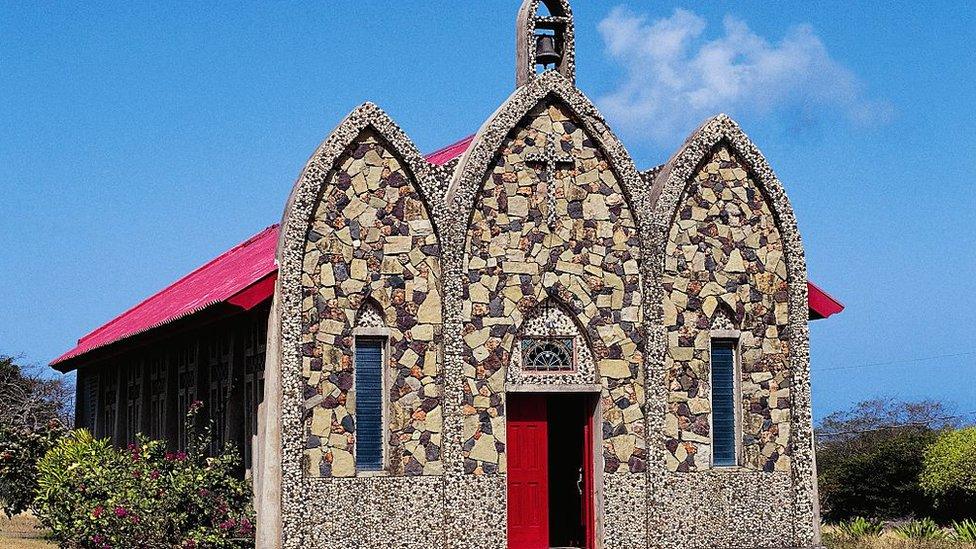
The English first colonised Anguilla in the mid-17th Century
Key dates in Anguilla's history:
1300BC onwards - Anguilla is first settled by Amerindian peoples migrating from South America.
1631 - Dutch establish a fort which is destroyed by the Spanish two years later.
1650 - Traditional date of first English colonisation by settlers from Saint Kitts to grow tobacco and cotton.
1680s - Documented evidence of African slaves on Anguilla to work on sugar plantations which had replaced tobacco as island's main crop. Over time, slaves and their descendants grow to outnumber European settlers
1807 - Slave trade is abolished within the British empire and is outlawed completely in 1834 within the British empire.
1825 - Anguilla is placed under the administrative control of nearby Saint Kitts, formerly it had been administered from Antigua.
1871 - St Kitts, Nevis and Anguilla united as a British dependency.
1890-1930s - Severe droughts, economic stagnation and the 1930s Great Depression of the 1930s lead many Anguillans to emigrate.
1952 - Full adult suffrage.
1958-62 - Anguilla briefly joins the West Indian Federation.
1967 - Anguilla became part of the associated state of Saint Kitts-Nevis-Anguilla
1967-71 - Anguilla rejects the union and the dominance of St Kitts within it. It declares separation from St Kitts following a referendum in what is called the Anguillan Revolution. The aim is independence from Saint Kitts and Nevis and a return to being a British colony.
1969 - After talks fail, Anguilla unilaterally declares independence. UK sends in 300 troops and police to "restore order" but they encounter no resistance and the move is a public relations embarrassment for the UK.
1971 - Anguilla is placed under direct British rule following its rebellion.
1980 - Anguilla officially secedes from Saint Kitts and Nevis and becomes a separate British Crown colony - now a British overseas territory.

Paratroops search civilians during the UK military operation aimed at restoring British rule to Anguilla in 1969
- Published11 September 2023
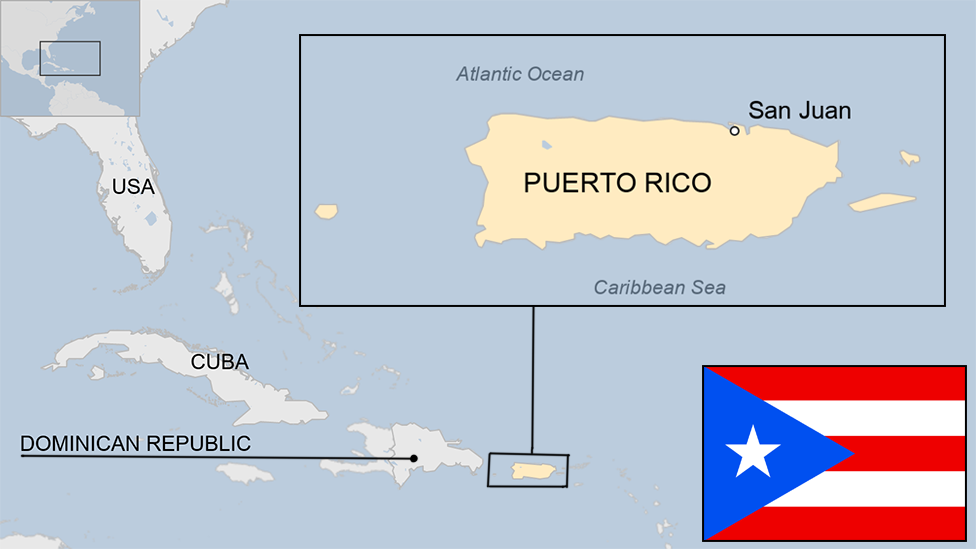
- Published27 March 2023
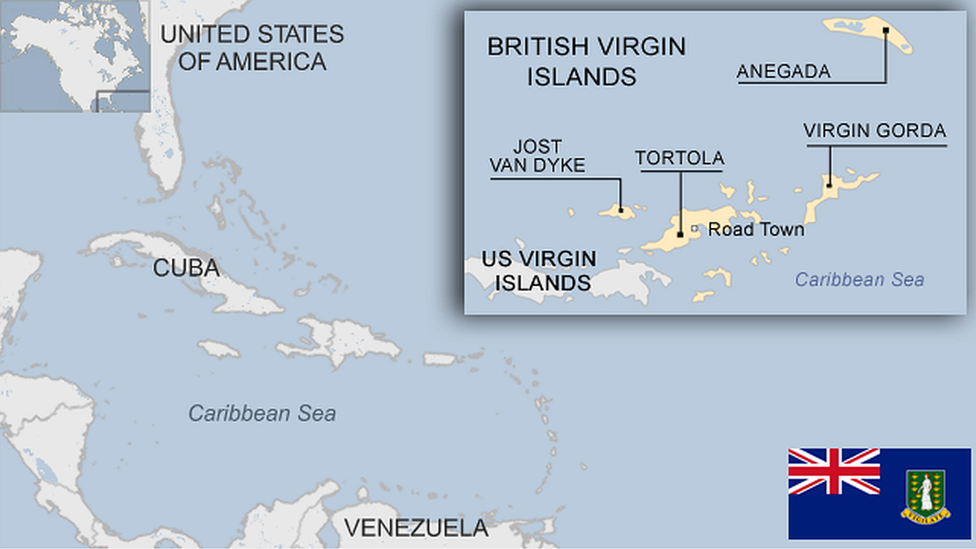
- Published28 August 2024
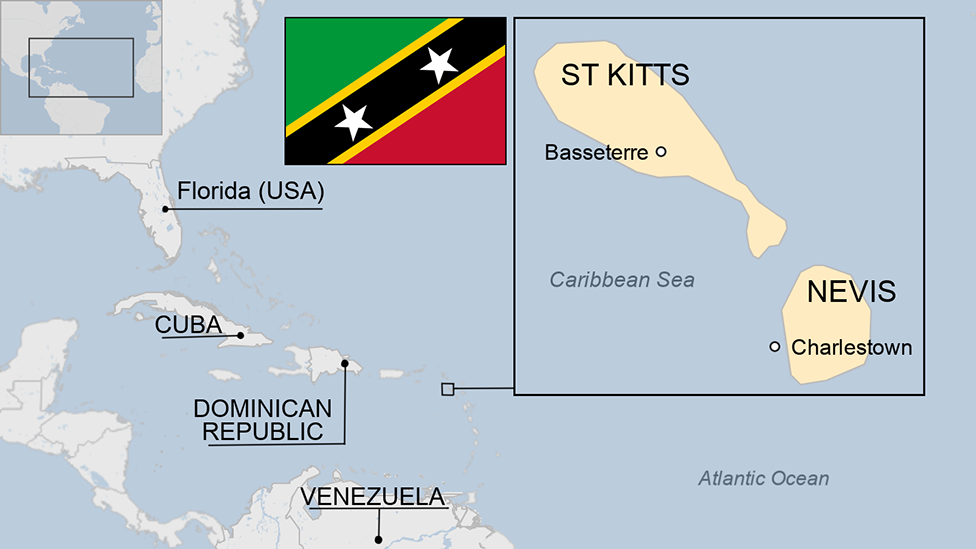
- Published25 August 2023
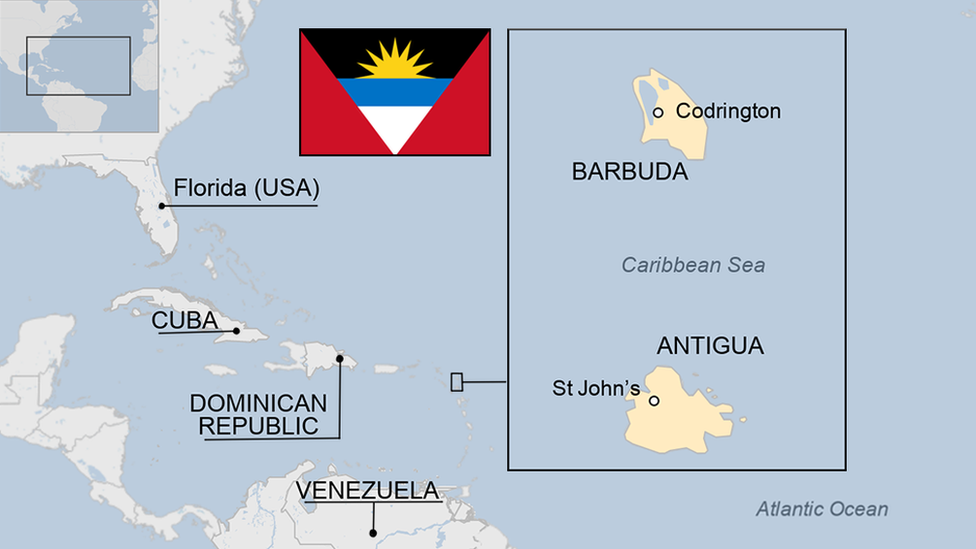
- Published29 August 2023
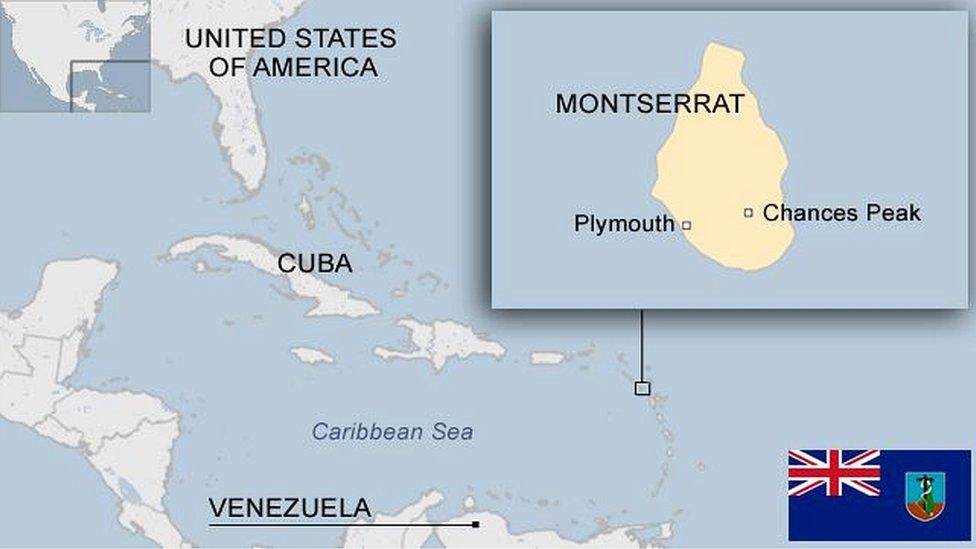
- Published18 July 2023
